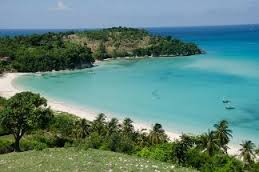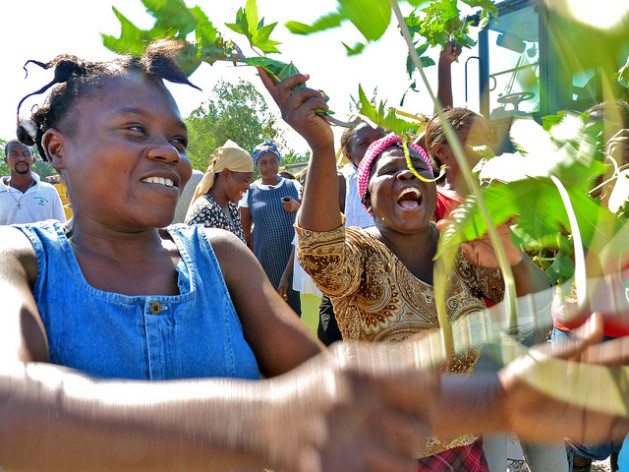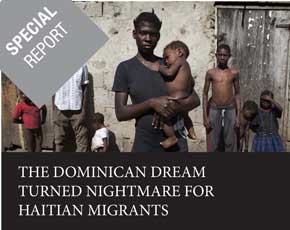Israel, Haiti Top List of Countries Where Journalist Murders Go Unpunished
The Committee to Protect Journalists reports that globally no one is held to account in 80 percent of cases where journalists are targeted. Haiti was included due to the aggression of criminal gangs who have destabilised already weak administrative and judicial institutions, However, the targeted killing of journalists is not new in Haiti. Jean Dominique, immortalised in a documentary entitled "The Agronomist", was murdered in 2000. Israel was included for the at least 128 journalists and media workers killed amongst over 40,000 civilian casualties. Journalists in Haiti, Gaza, and other conflict- affected countries around the world are heroes who deserve both respect and protection. The full Al Jazeera article is linked and below.









